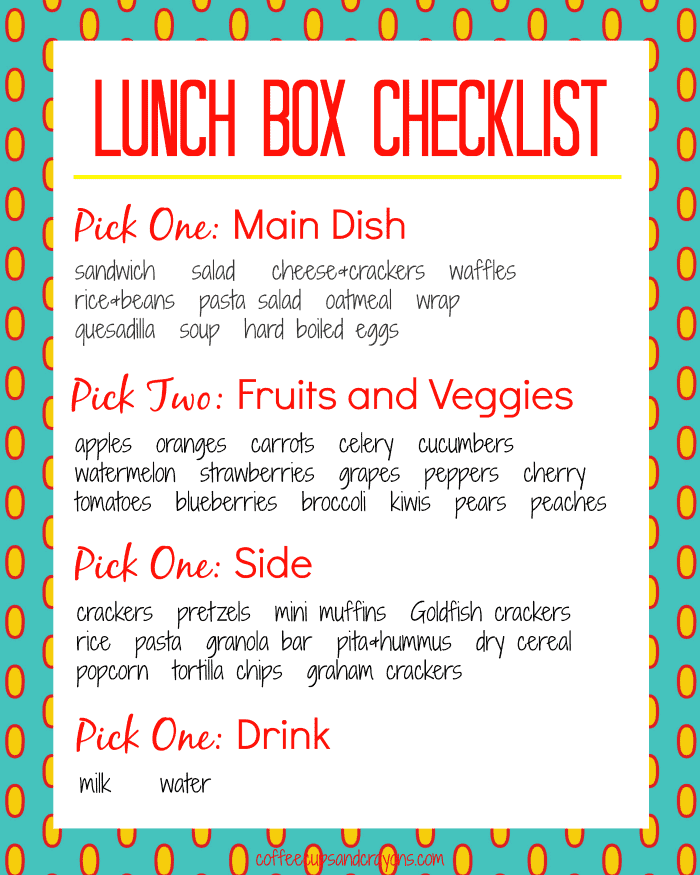

And the effects of not getting sufficient sleep at night - the most common cause of daytime sleepiness - can also make you more susceptible to burnout and health problems. You may not notice the cognitive decline leading up to the actual head-on-keyboard desk snoozing, but your focus and performance have almost certainly been downgraded significantly prior to the embarrassing incident. First, the bad news: The implications of falling asleep at work are probably worse than you think.

If you find it difficult to keep your eyes open at work, we have good news and bad news. No matter what your profession, “tendency to fall asleep on the job” is not something you want to see on a performance review. The resulting decrease in company productivity and increase in safety-related incidents reported by employers also impacts workers on an individual level. A 2017 National Safety Council report found that 69% of employees are tired at work, and we suspect that’s a sizable undercount. If this situation sounds painfully familiar, you’re not alone. More than once, you startle back into awareness and then look around nervously wondering: Was that just my thoughts drifting or did I actually fall asleep? Did anyone notice? It’s Wednesday afternoon, 20 minutes into a presentation by a coworker whose earnest efforts to capture attention are no match for the overwhelming feeling of sleepiness threatening to envelop you right in the middle of the meeting.


 0 kommentar(er)
0 kommentar(er)
